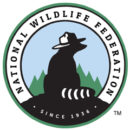We have much more to do and your continued support is needed now more than ever.
Affiliate of the Week: Nevada Wildlife Federation
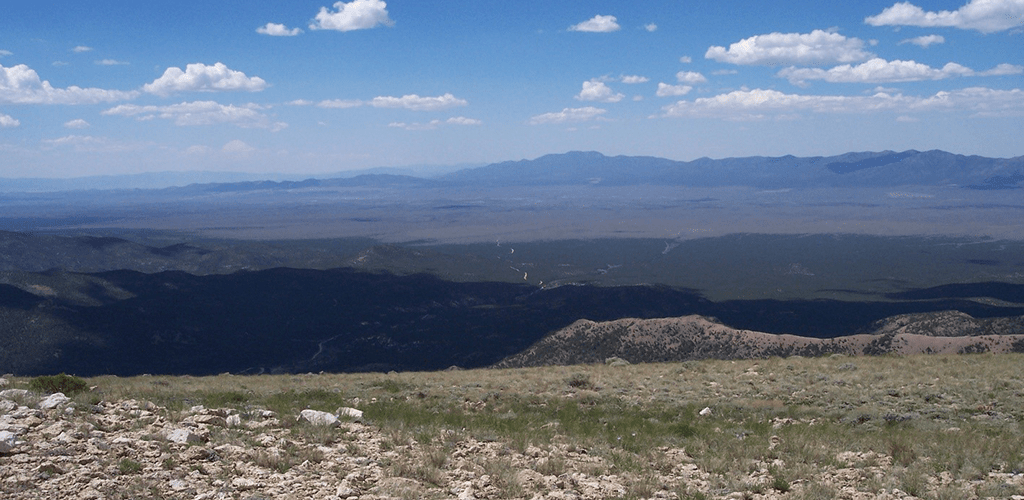
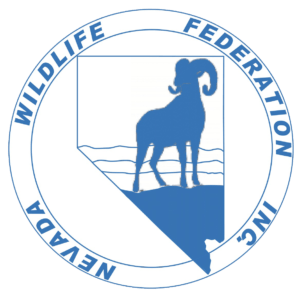
Who We Are
The Nevada Wildlife Federation (NvWF) is Nevada’s oldest, non-profit conservation education organization. Sportsmen who founded the NvWF in 1951 created the organization as a leading voice on issues that affect our wildlife, wetlands, lakes, streams, forests, ranges, and all other priceless natural resources. The Federation represents the views of hunters, fishermen and anyone who deeply cares about our wildlife and wild lands. The NvWF is a membership organization comprised of individuals who are concerned about wildlife and outdoor recreation.
The NvWF has numerous affiliate organizations throughout Nevada who work on local, state and national conservation issues. The Federation’s mission is to help sustain Nevada’s natural wildlife resources through conservation and education.
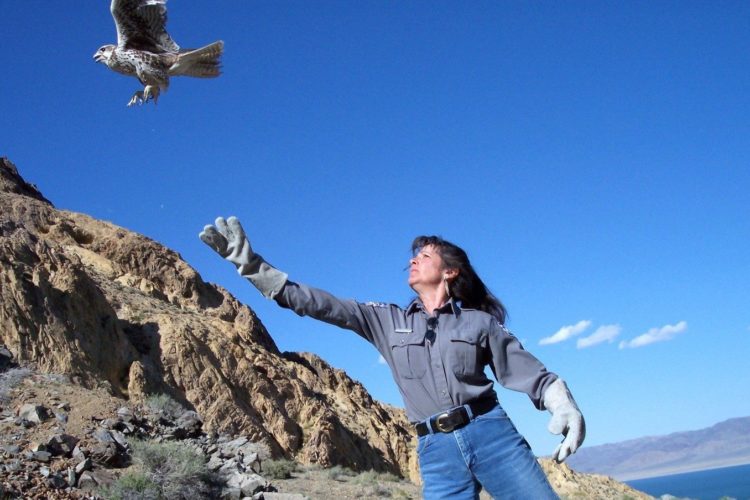
The NvWF is organized into three districts: NW Nevada (Reno); NE Nevada (Elko); and Southern Nevada (Las Vegas). They are an all-volunteer organization with each director volunteering an average of 200 hours per year. The NvWF utilizes the National Wildlife Federation’s Backyard Wildlife Habitat Program which provides certification for school yards, businesses, and individual property owner yards as wildlife habitats.
What We Do
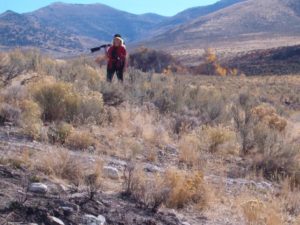
Over the years, the NvWF has engaged with a variety of locals through a number of ongoing conservation and outdoor recreation efforts. One of the NvWF’s most successful project was the “Diana Project” which encouraged more people, especially women, to hunt. The NvWF also supports environmental education for youths through their annual Kids Fishing Derby and by handing out materials such as children’s coloring books of North American animals.
To help restore wildlife habitat, the NvWF, along with other organizations, supplies sage brush and other shrub seeds to the Bureau of Land Management (BLM) for reseeding following destructive wildfires and to reduce invasive species throughout the state. One of the most destructive invasive species is cheatgrass – most wildlife and cattle won’t eat it, it dries out fast, and it is very explosive. Other invasives include pinion juniper and tamarisk, commonly called salt cedar, both of which require large amounts of water that is in short supply. Range fires typically destroy habitat for sage-grouse, antelope, mule deer, elk, and all types of upland game, along with over 300 species of non-game animals. When NvWF helps reseed this habitat, they are helping all wildlife.
Furthermore, the NvWF works to protect the Sheldon National Wildlife Refuge from the over population of feral horses and burros. Feral horses and burros are domestic animals that are turned lose on the land by miners, railroad worker and busted homesteaders. Over the past decades, herds have over-populated the area, destroying watering holes and other forms of native habitat. The NvWF helps by keeping the pressure on the BLM and the Department of Interior (DOI) to maintain a manageable herd in the Sheldon National Wildlife Refuge.
Currently, the NvWF is focused on a big push to keep public lands from being transferred to the states.
Making a National Impact
The NvWF has worked extensively on key issues including assisting with sage-grouse lek counts, making NvWF’s sage grouse booklet available on their website, and helping to prevent the greater sage-grouse from being listed under the Endangered Species Act. Many westerners from all walks of life helped develop these plans that avoided the necessity to list the sage-grouse and update how the United States manages public lands across the west for multiple use. However, some in Congress are trying to meddle and overturn this years-worth of work. The NvWF hopes to see the BLM and the DOI continue to move forward with implementation of the plans throughout the Western states.
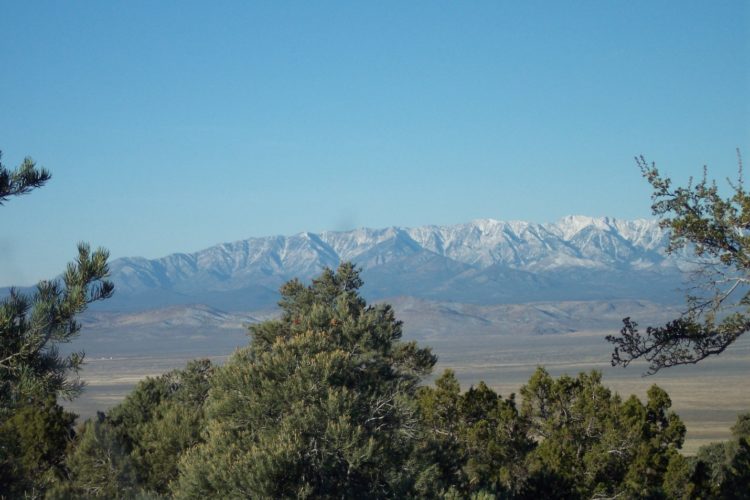
The NvWF also continues to adamantly oppose transferring control of our public lands to the states. Through campaigns, the NvWF helps educate the public about how politicians want to allow the federal government to give away our public lands to the states. This is an on-going battle and includes meeting with politicians and newspaper editorial boards. If given to the states, American traditions of hiking, hunting, fishing and enjoying many other activities on public lands would be greatly diminished. Instead, the government would bring back a model that resembles the old-world style system where only the elite or the wealthy can pay to use the land to pursue the “kings’” fish and game.
NvWF works to ensure that this transfer does not happen. America’s public lands rank as one of the nation’s greatest public legacies of all time, and we must conserve these treasures.
Get Involved
Take action and speak out to “Keep Public Land in Public Hands.” Like all other rights, it’s only a “right” if you fight for it.
Connect with NvWF
Connect with the Nevada Wildlife Federation to keep up with their latest conservation efforts through Facebook or by visiting their website.

